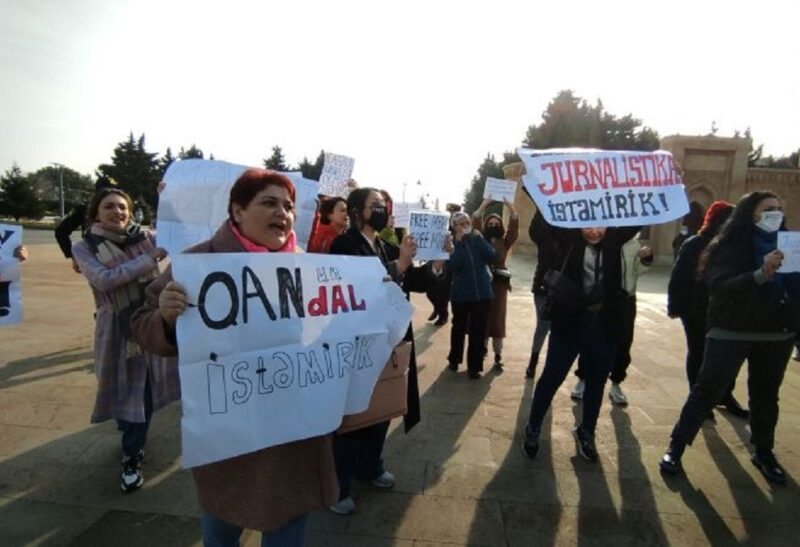Ever since I can remember, our relationship wth books was a bad one in our house.
My father read romance novels, often. When he would start reading, my young mother of 24 or 25 would get angry, distressed, and would try to rip the book out of his hands, saying, “You leave in the morning and come home in the evening! At least leave that book alone until tonight, so we can talk about some small things…Put that poison somewhere else…!”
Later, that same ‘mantra’ of my mother’s became a long, sad and, eventually, a hysterical monologue. Even as a small child, I understood that my mother was jealous of the attention my father gave to books. It even made her sad, and it has taken me 25 years to understand why.
In the first years of my marriage, when I wanted to chat with my husband, to share and to kill some time, he would be mostly on the computer, glued to the chair and screen. But I wanted to go for a walk with him, chat, cook a meal together or visit our friends. I couldn’t even tempt him away from his computer with love. It hurt my feelings. One day, I tried to cut the internet cable, but he stopped me in time. I suddenly remembered my mother’s house and the books.
Books became a source of rebukes, tears and aversion between my mother and I as well. Once I started reading, I too became a target. At first she looked at my books as one might look at a red – headed stepchild, but soon they too became subject to abuse, and were torn, buried, thrown in the trash or hidden. As the only educated female in the family, it was ironic that she would find the epitome of evil in the very objects that had made that education possible. People gossiped about her because she had studied in the city and married late and now rebuked her for a failed marriage.
Books had no room to assert their importance in our family. In contrast, they caused only resentment and distress, and were responsible for so many ills.
***
I grew up in a village next to the war line in Nagorno Karabakh. All the villagers had two decisions; to stay, or to flee. Whoever left for further, more remote regions that were far from the line of fire, brought small things with them from those who had stayed, for safe keeping, like gold, carpets, rugs and crystals. There were no books mixed in with these items. We were ready to leave our books to the ‘enemy.’
When my mother started her education in the capital, it was during those transition years. Those who had sent valuable furniture away for protection ended up selling these same possessions, or dissecting them for parts and pieces. They figured out what was useful (wood, iron, glass, thread) and threw the rest away. Just one thing was useless—a book. During the years of my youth, dumps were filled with books. Society almost considered books to be trash.
On the way to and from work for ten years, I saw old ladies making cones from pages of books and filing them with sunflower seeds. Ten years is an entire generation, an entire generation that believed that books were only beneficial for the paper, regardless of what is written on that paper. In my country, Bertrand Russell or Samad Vurgun’s pages are used as toilet paper, meat wrapping, sunflower seed cones and kindling.
Our family was very poor.
Years later, when we had moved up to a more comfortable level, we got wardrobes and cabinets for our old things. We just didn’t have a place for books.
I’m 35-years-old. In 35 years, I have found neither place for myself, nor for my books.
Gunel Movlud was born in the village of Jabrail Mehdili on 9 October of 1981. In 2003, she graduated from Azerbaijan State Culture and Art University’s Theater faculty.



